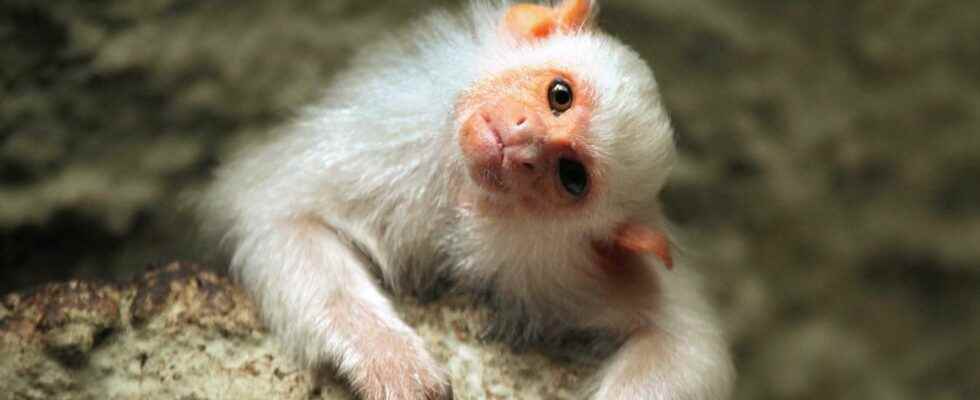You will also be interested
[EN VIDÉO] The “drunk monkey” hypothesis or why we like alcohol Where does our fondness for alcohol come from? Robert Dudley, an evolutionary biologist, has a hypothesis. The “drunken monkey” hypothesis. A hypothesis that we are attracted to alcohol, because we have evolved as fruit-eating primates. Fruits that naturally produce alcohol by fermentation of sugars. Especially fruits with high nutritional value. How could all of this help find solutions to alcoholism? (in English) © University of Berkeley
Did you know that the expression ” clever as a monkey “ was, originally, not necessarily the most flattering? Because in the past, popular belief made the monkey… a creature of the devil. So we had to hear “clever” within the meaning of “malicious” much more than in the sense of“clever” or” intelligent “.
And then the scientists got involved. They taught us that monkeys belong to the same order as humans. That of the primates. Those called the great apes even integrated directly into our family, that of the hominids. The chimpanzees or the bonobos are therefore our cousins. Thus, when we speak, in everyday language, of ” our ancestor the monkey »it is rather to designate thecommon ancestorthat we may have had with the great apes that lived something like six million years ago.
Over the past few decades, researchers have also discovered that monkeys are very smart. “Clever” in the sense ” intelligent “, this time. They really started to realize this in the 1960s. Jane Goodall, a young British ethologist, observed a chimpanzee using a twig to catch termites. The first evidence that tool use was not unique to humans. The first proof that animals too can rely on some form ofintelligence.
From there, scientists discovered all kinds of cognitive abilities in our cousins the apes. They have memory. They know how to learn and transmit. They like to play. They know how to recognize themselves in a mirror. Chimpanzees have even been seen looking left then right before crossing a road. And remember thekoko’s story the female gorilla who had learned to speak with her hands… Finally, the great apes could well turn out to be more intelligent than some of our ancestors.
A default mode network that makes all the difference
To get to the bottom of it, researchers have gone even further. They were interested in the brains of four speciesprimates: mouse lemur murine, the marmoset, the macaque and… Man. And more exactly even to their brain networks. Those that connect different brain regions together.
In humans, scientists have identified a quite astonishing network. They call it the “default mode network”. It connects several regions of our brain . And this “default mode network” is associated with introspection, self-reflection and planning for the future. It is activated especially when… we do nothing!
However, researchers now assure us that, in the non-human primates they have studied, two particular regions of the brain connected by the “default mode network” communicate little when these monkeys are at rest. It’s about prefrontal cortex median, responsible for handling information, and the posterior cingulate cortex, which acts as a regulatorinteractions between brain regions. According to scientists, this is a sign that this famous network does not exist identically in these primates. Although scientists still believe that the “default mode” of our cousins, the great apes, might be a bit more similar to ours.
This organization particular to the human being of the “default mode network” could be the one that offered us the possibility of developing an abstract thought in particular. Differentiating our intelligence from that of other primates. Even if it remains certain that the monkey… is not so stupid!
Interested in what you just read?
